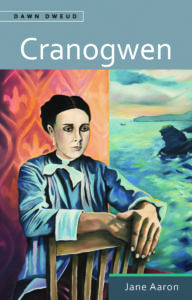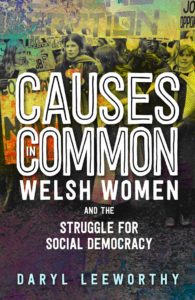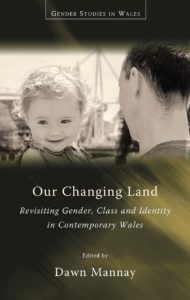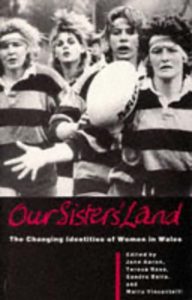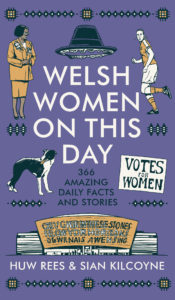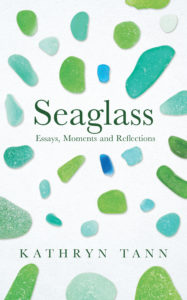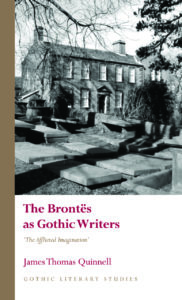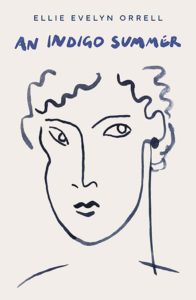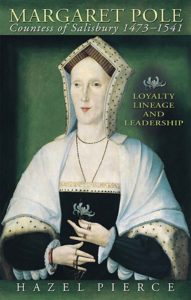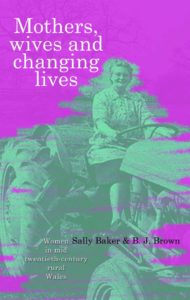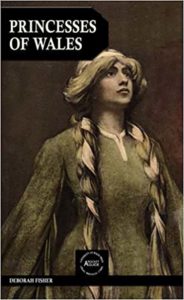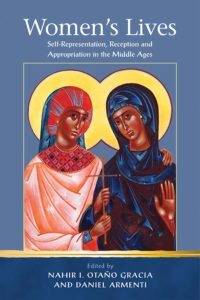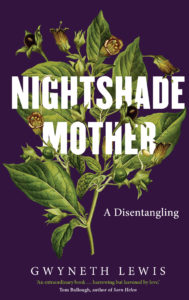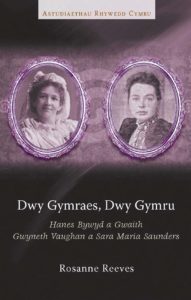Celebrating Women’s History
Women’s history isn’t just for March, so we’ve put together a list of our books that highlight Welsh women and culture!
Discover more about the long and diverse history of Welsh women through the books below.
space
space
In this volume we follow Cranogwen, Sarah Jane Rees (1893-1916) of Llangrannog. She was a poet, lecturer, editor, preacher and temperance woman who inspired a new generation of female authors and public figures.
space
space
This book tells the compelling and revealing story of the women’s movement in modern Wales. A panoramic sweep takes the reader on a journey from 19th c campaigns in support of democracy and the right to vote, and in opposition to slavery, through to the construction of the labour movement in the 20th c, and on to more recent demands for sexual liberation and LGBTQ issues.
space
space
Our Changing Land reflects on changes in relation to issues of gender, class, poverty, politics, the environment, the media and the Welsh language in post-devolution Wales, and considers the future of the nation.
space
space
An analysis of women’s identities in the home and in the workplace, in politics and in the culture of Wales. First published 1994.
space
space
Discover 366 amazing women of Wales to intrigue and inspire each day of the year. Who was the first Princess of Wales? Which Welsh woman led a double life as a pirate and smuggler? Which harpist and wrestler threw a man into a lake? Who led the first society in Wales to campaign for women to vote?
space
space
In Seaglass, Kathryn Tann brings together moments such as these from her own life, blending creative non-fiction with nature writing and memoir, and portraying with powerful observation and moving honesty the journey of a young woman navigating modern adulthood.
h
h
The Brontës as Gothic Writers explores ways in which the Brontës’ prose and poetry is Gothic. It argues that understanding the Brontës’ writing in these terms helps the reader appreciate what was important to them in their literature.
h
h
One summer, a mother and daughter are reunited in the small village of Betws Gwerful Goch in North Wales following the death of a father and grandfather. In this lyrical memoir, Ellie Evelyn Orrell transports readers to their hillside garden, reflecting on a summer spent learning to work with indigo, and witnessing the power of creativity in moments of mourning and recovery.
y
y
Born in 1473, Margaret Pole was the daughter of George, duke of Clarence, niece of both Edward IV and Richard III, and the only woman, apart from Anne Boleyn, to hold a peerage title in her own right during the sixteenth century. She was restored by Henry VIII to her executed brother’s earldom of Salisbury in 1512. In the 1530s, however, her deep Catholic convictions became increasingly out of favour with Henry and she was executed on a charge of treason in 1541 aged sixty-seven. Containing important new research on aristocratic life and court politics in the period, and including a complete reappraisal of the so-called ‘Exeter conspiracy’, Margaret Pole is a major contribution to our understanding of Henry VIII’s relationship with the nobility, and the political, social and cultural position of women in sixteenth-century England.
h
h
The role of women in the recent history of Wales is an area that has received scant attention from social scientists and historians. This book will seek to fill that gap by drawing upon the family stories told about women’s roles in education, the chapel and the family to address some of the important gaps in the knowledge base relating to women and Welsh culture.
h
g
An informative pocket-size book about the women who carried the title Princess of Wales and about their often troubled lives, including a useful index. 15 black-and-white illustrations.
h
h
Women’s Lives recalls and celebrates the work of Elizabeth Petroff, an eminent scholar of Medieval Women Mystics, by proposing that the lives of medieval women may be read as models of positive transgression. Their representation and reception make powerful arguments for equality, agency and authority on behalf of the writers who employed them.
d
f
In this extraordinary memoir, Gwyneth Lewis, the inaugural National Poet of Wales, recounts her toxic upbringing at the hands of her controlling, coercive mother.
d
f
This book breaks new ground in the history of Welsh women’s literature, by tracking the life and work of the two forgotten women from the countryside who made their mark on their communities, their society and their nation through their campaigns and literature.


